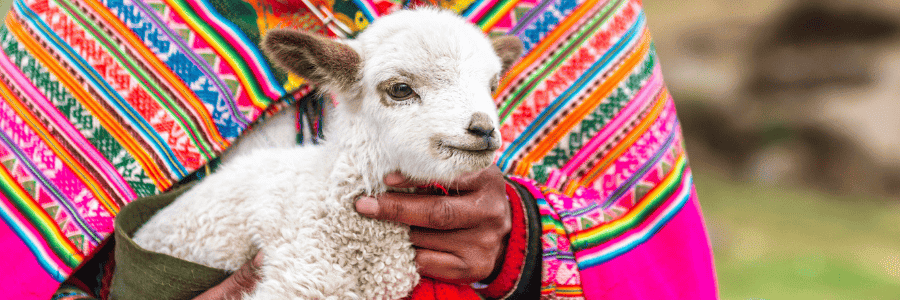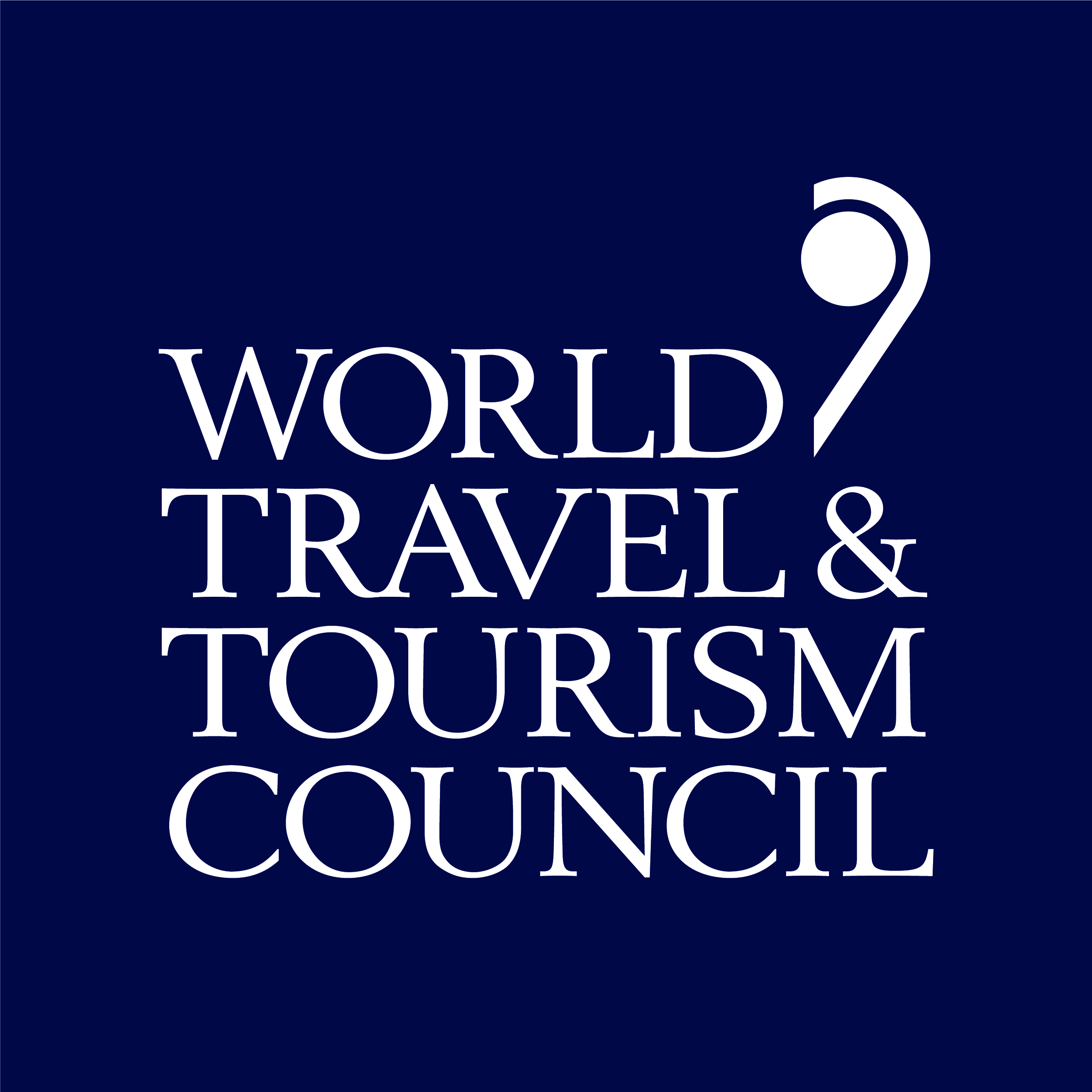How rural SMEs are becoming global case studies

Across the world, rural and indigenous small and medium enterprises (SMEs) are quietly rewriting the rules of tourism with hyper-local, high-impact, human-centric experiences. From unplugged, phone-free zones in India to forest classrooms in Costa Rica, these grassroots pioneers are becoming global case studies, not just for their uniqueness, but for how they redefine what ‘luxury’ and ‘authentic’ truly mean in a jaded world.
Sign in to access actionable insights
Across the world, rural and indigenous small and medium enterprises (SMEs) are quietly rewriting the rules of tourism with hyper-local, high-impact, human-centric experiences. From unplugged, phone-free zones in India to forest classrooms in Costa Rica, these grassroots pioneers are becoming global case studies, not just for their uniqueness, but for how they redefine what ‘luxury’ and ‘authentic’ truly mean in a jaded world.
The forest is the classroom
In the southern region of Costa Rica, the CIRENAS (Center for Investigation of Social and Natural Resources) programme has blended tourism, conservation, and education into a seamless offering. Tourists are invited to learn in nature’s classroom, participating in permaculture farming, marine conservation walks, and reforestation projects. These immersive, forest-based classrooms are drawing international school groups and eco-volunteers who crave vacation, along with transformation.
Lesson for SMEs: You need a cause. Turn your backyard into a blackboard, and your tradition into a teaching tool.
Rural roots, global reach
Since its launch in the Himalayan foothills over 19 years ago, Village Ways has redefined rural tourism by empowering entire villages to operate guesthouses, guides, cooks, housekeepers, and porters, all managed by Village Tourism Committees with training and democratic oversight. Blending low impact tourism with traditional farming, each village maintains its cultural and ecological identity; tourism provides a vital supplementary income, without displacing farming. The model’s strength stems from community ownership as 40% of guesthouse renovation costs are grants, with the rest as repayable loans triggered by bookings, creating real incentive and local accountability. Environmental stewardship is woven into operations: guesthouses use local materials, solar panels for heating and lighting, and guests travel lightly, often on foot; guides are trained to communicate the delicate balance of local flora and fauna.
Lessons for SMEs: Genuine community ownership, not just employment, drives sustainable growth and trust, and embedding environmental and cultural values in operations builds resilient, purpose-driven brands.
Craft-a-village days in Peru
In the highlands near Cusco, the community tourism initiative Threads of Peru collaborates with indigenous women artisans. These are not just workshops. Visitors come for a full-day immersion, learning how alpacas are sheared, wool is dyed using natural herbs, and ancient weaving techniques tell generational stories through patterns. Rather than selling finished products, these SMEs sell the making, the meaning, and the magic.
Lesson for SMEs: Don’t just offer a product. Offer the process. People don’t just want to see culture, they want to stitch themselves into it.
What can every SME learn from rural innovators?
1) Innovation does not need a tech lab; it needs a listening ear. These SMEs listened to their land, their people, and their limitations.
2) Authenticity beats uniformity. In an era of copy-paste, uniqueness rooted in heritage becomes priceless.
3) Experiential beats transactional. The world wants stories, and rural SMEs are storytelling geniuses.
4) When you are close to the community, every guest becomes part of the solution, be it economic, environmental, or cultural.
In the race for the future of tourism, it is the grounded brilliance of rural and indigenous SMEs who are turning their limitations into innovations, their roots into roadmaps, and their stories into sought-after experiences.

















